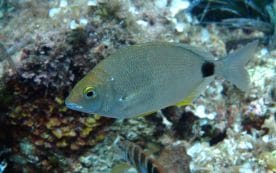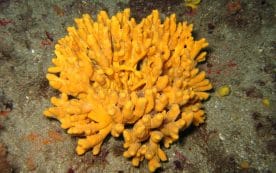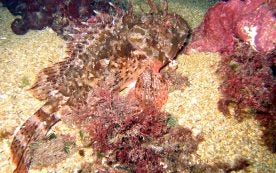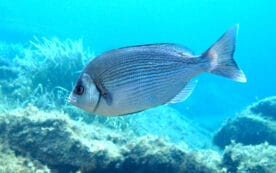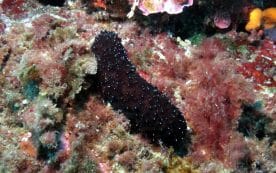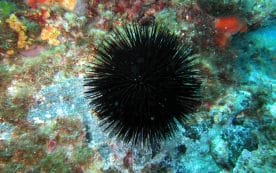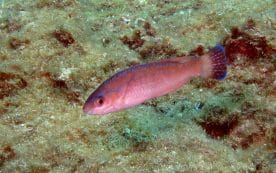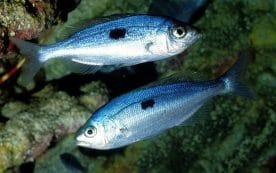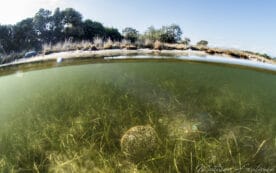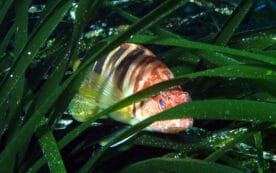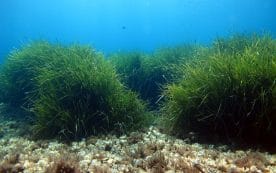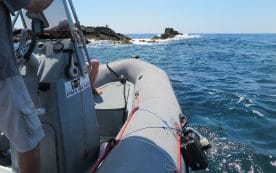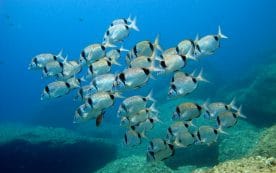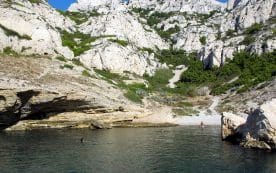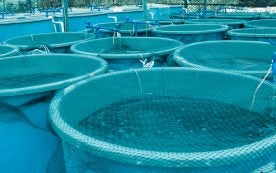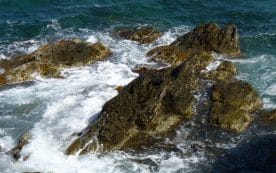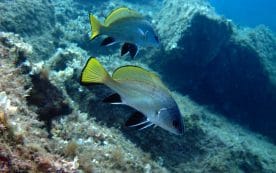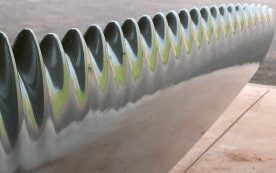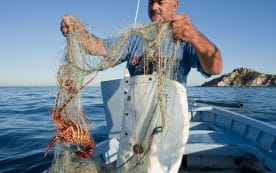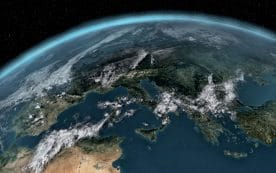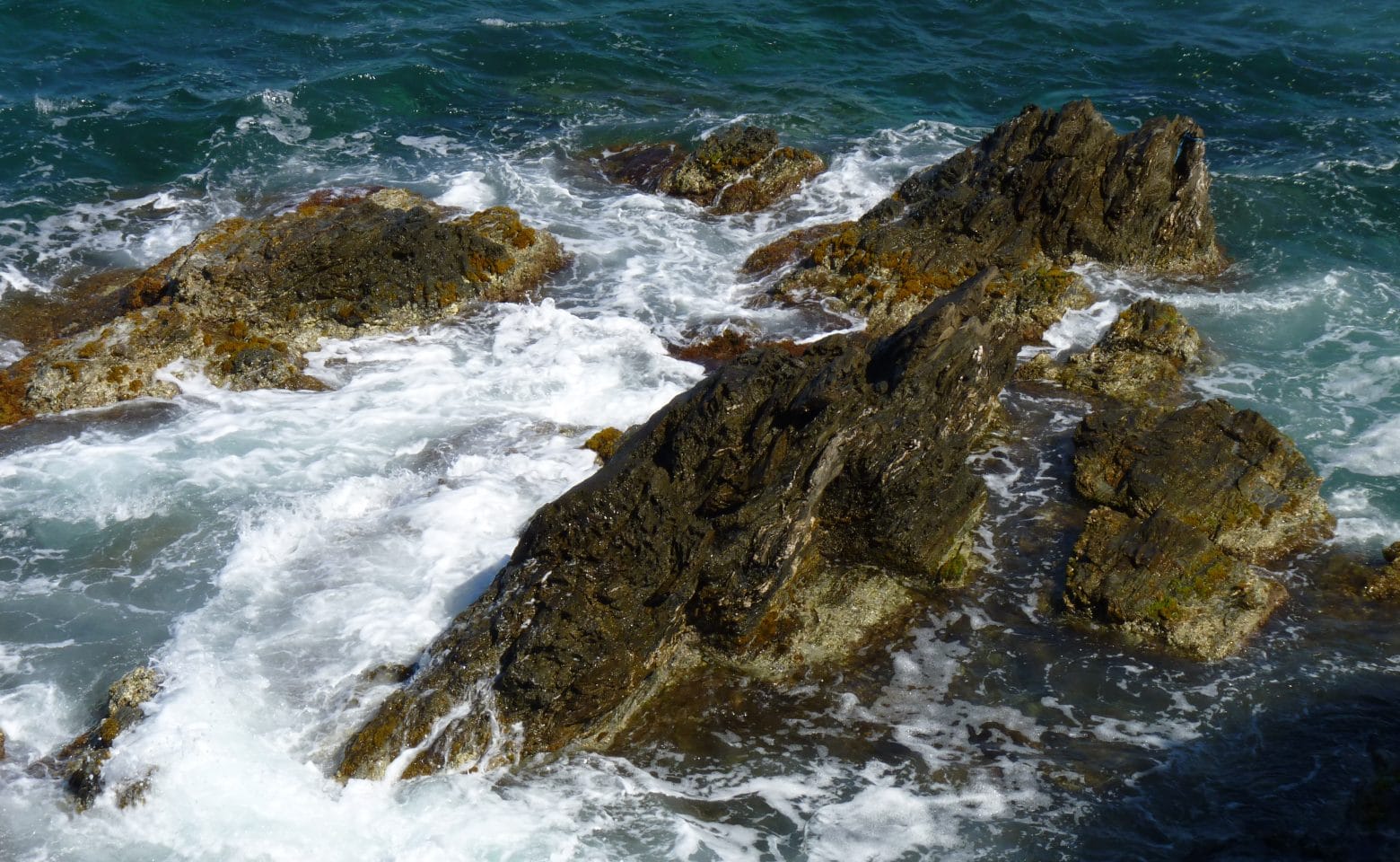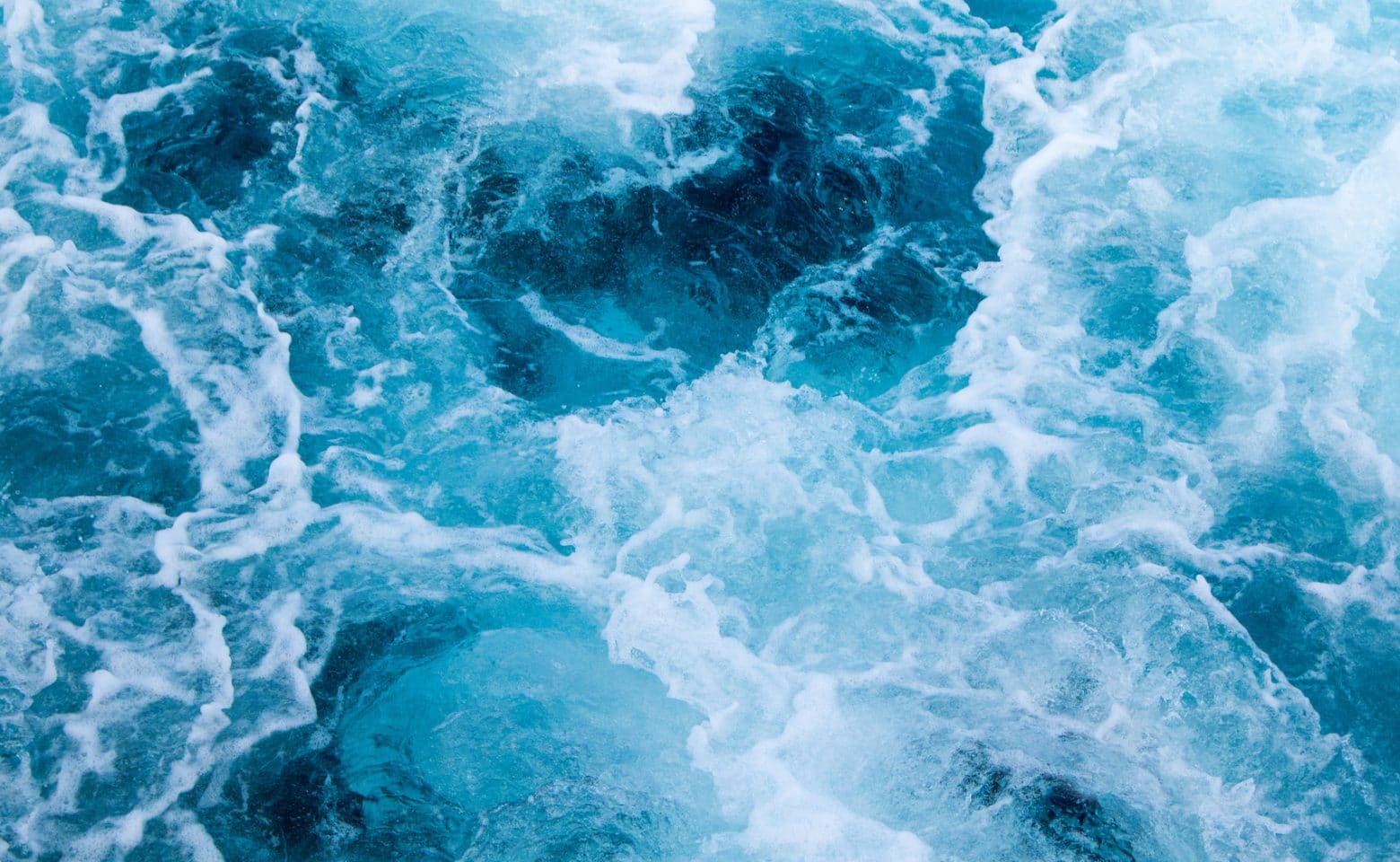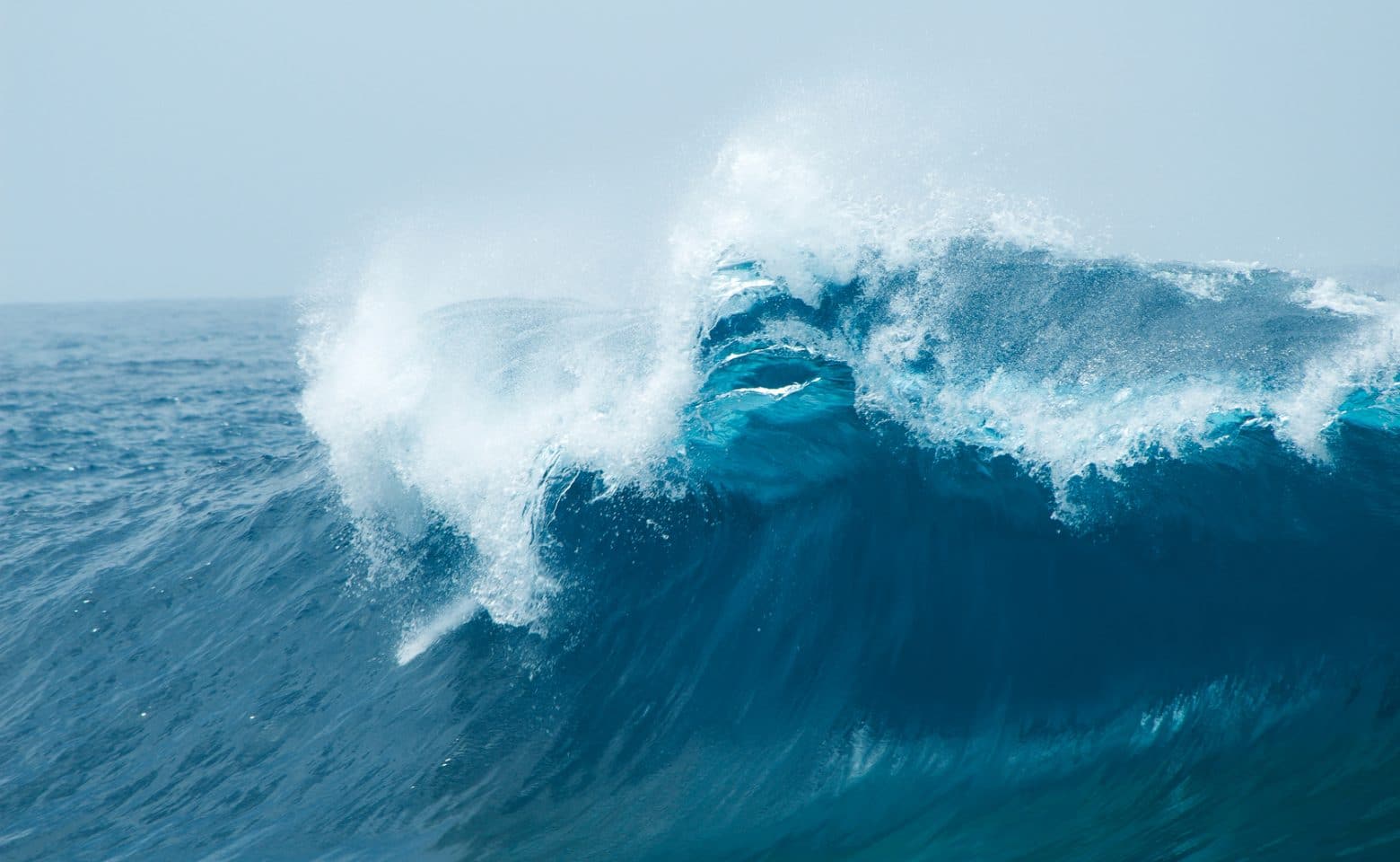71% of the Earth is covered by Oceans. Marine and coastal environments are a source of biodiversity and also a preferred area for human activities, from fishing and aquaculture to shipping, sailing and tourism. Another lesser-known parameter is that Oceans are carbon sinks that store fifty times more CO2 than the atmosphere. They regulate the climate by storing, absorbing and transporting heat from the sun, significantly influencing temperatures and weather patterns. Exchanges between Oceans and the atmosphere have a mutually balancing effect, and any disruption negatively impacts the physical, chemical and biological functioning of the Ocean.
Climate change causes and exacerbates various phenomena that impact our Oceans, such as rising sea levels, changes in water temperature, acidification, deoxygenation and changes in Ocean currents. Our Oceans’ capacity to absorb excess heat from the atmosphere is currently being modelled and is expected to decline.
As research progresses and scientists speak out, the fight against climate change has taken centre stage. Policy-makers may have been slow to wake up but there is a real and growing sense of urgency, particularly at international meetings (UN, COPs, etc). This in turn is leading to national policies that must progressively push our economies towards low-carbon models. At the same time, climate change mitigation and adaptation measures are on the rise. This includes protecting marine biodiversity, recognising ecosystem services, developing a blue economy, expanding scientific knowledge and changing regulations.
-
COP21/Paris Agreement
The United Nations Framework Convention on Climate Change (UNFCCC) was signed in 1992 at the Earth Summit in Rio de Janeiro. Annual meetings, called Conferences of the Parties (COP), have been held ever since, to decide common rules for achieving the convention’s goals.
The 21st COP, or COP21, took place in December 2015, leading to the Paris Agreement, whose main objective is to limit the temperature increase to 2°C, or ideally 1.5°C, by 2100.
States set their own Nationally Determined Contributions (NDCs), announcing their steps towards a low-carbon economy.Within this international framework, the Ocean & Climate Platform (POC), of which the Institute is a founding member, works to ensure that Oceans are given more importance in climate negotiations.
-
What about the Mediterranean?
The temperature of the Mediterranean Sea increased by 0.7°C between 2007 and 2015 and acidity rose by 7%. This changes the way species are distributed and thus impacts biodiversity. The Institute’s research programme at the Calanque de Podestat near Marseille is looking precisely at this, and the Institute is a founding member of the Ocean & Climate Platform.
-
Documentation
› Alliance nationale de la recherche pour l’environnement (AllEnvi): Read the document.
› Rapports de l’IPCC (Intergovernemental Panel on Climate Change): Read the reports.
› Plateforme Océan & Climat: Read the topics.

